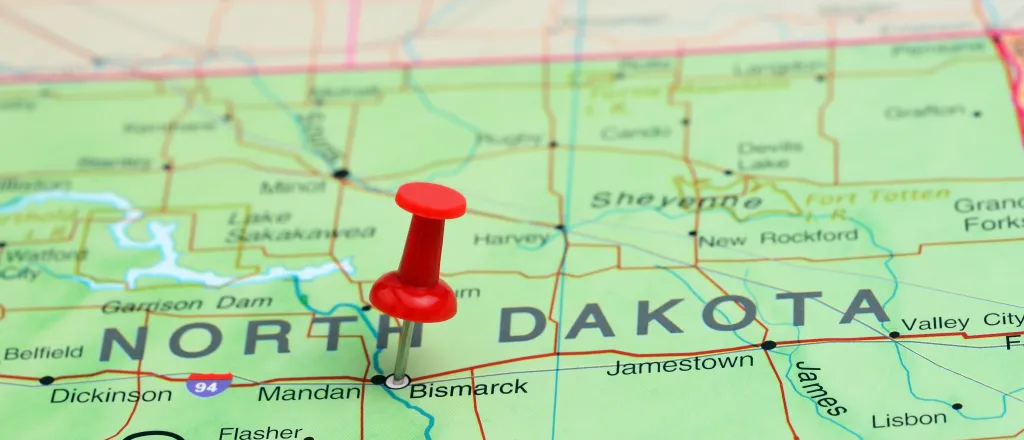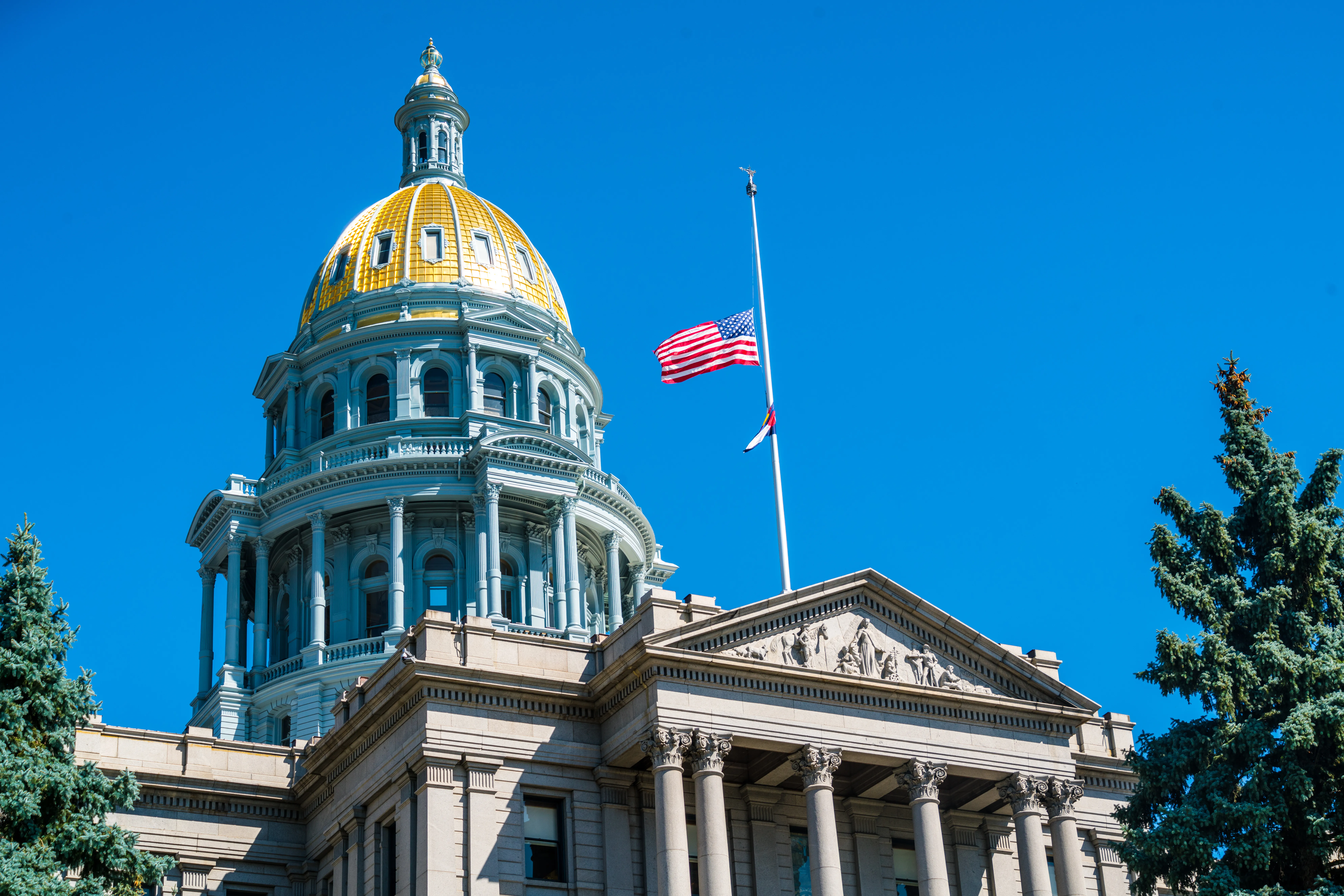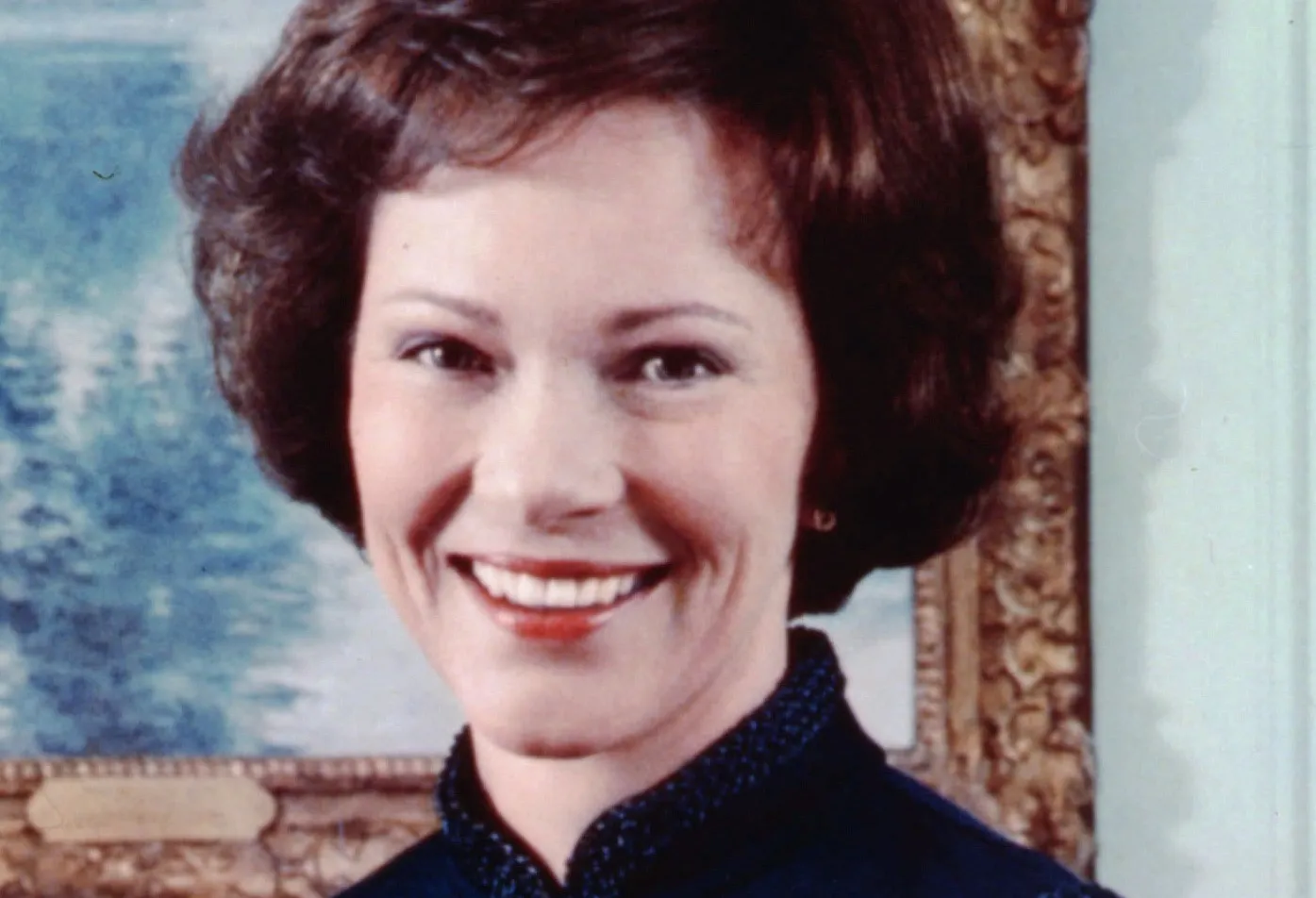
Possible public comment overhaul stirs backlash in North Dakota
Click play to listen to this article.
(Prairie News Service) Public comment has long been a staple of local government meetings. But in North Dakota and other parts of the country, this engagement tool faces a future that's a little less certain.
This month, the Fargo City Commission has come under scrutiny over possible plans to revamp the public comment portion of its meetings.
Some commissioners have proposed breaking up when residents can talk about certain issues.
Another idea being floated is to remove public comment from regular meetings and possibly shift that option to quarterly forums.
Cody Schuler, advocacy manager with the American Civil Liberties Union of North Dakota, said he feels local leaders are beginning to walk down a dangerous path.
"We are a government by, for, and of the people," said Schuler, "and our elected representatives are an extension doing the work of the citizens - and citizens have every right to fully speak."
Fargo leaders in favor of exploring a format change say they want more productive dialogue and to give residents meaningful answers on the spot.
However, not all city commissioners are on board with kicking around these ideas, echoing concerns raised by free-speech advocates. Similar debates have surfaced in cities such as Spokane, Washington.
In Fargo, Schueler said leaders need to realize that public participation has become a valuable way for BIPOC residents and younger adults to share their concerns with the city.
"We need to make sure that those who are not in power," said Schuler, "those who may be marginalized, those who might be of lower socio-economic status, have a voice."
He added that while this City Commission is pretty accessible, it can't be guaranteed for future elections.
He said fully maintaining public comment can mitigate any future panels that might not be viewed as fully engaged with constituents.
















